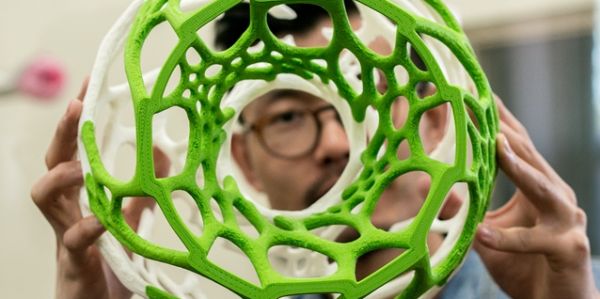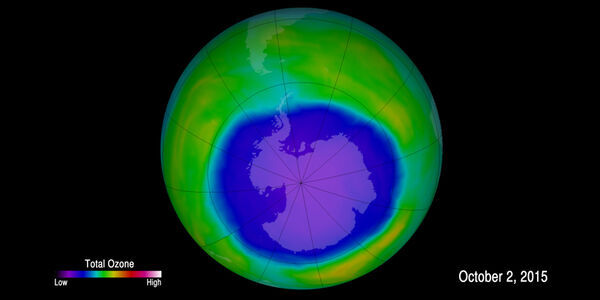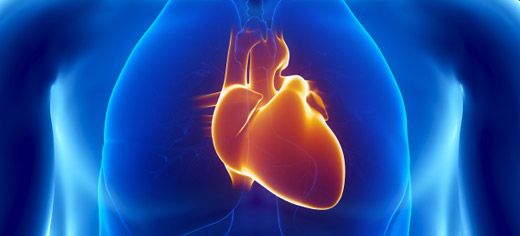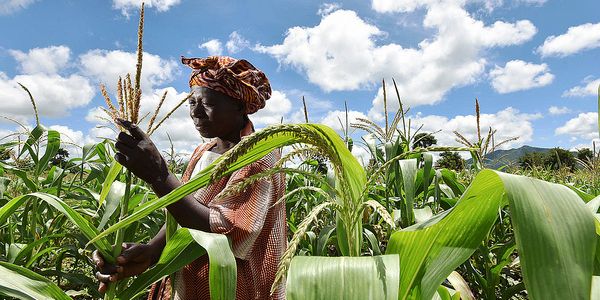
Feasting monks and strange foods
Jousting knights, feasting musicians, food demonstrators and artists will descend on Leeds from 3-7 July.

Jousting knights, feasting musicians, food demonstrators and artists will descend on Leeds from 3-7 July.

Robots rarely get a good press. They’re either turning rogue, trying to control the human race as in The Matrix, or wreaking a path of destruction to kill the hero in Will Smith’s I, Robot.

Scientists have observed clear signs that the hole in the Antarctic ozone layer is beginning to close.

Statement from Vice-Chancellor, Sir Alan Langlands

Having diabetes increases the risk of dying from the effects of a heart attack by around 50 per cent, a University of Leeds study has found.

The itchy swelling that appears at the site of a mosquito bite isn't just an irritating nuisance - it also makes viral infections spread by the insects far worse, new research has found.

Crop yields will fall within the next decade due to climate change unless immediate action is taken to speed up the introduction of new and improved varieties, experts have warned.
A research team has discovered that a cell's protective layer acts like a turnstile, allowing proteins to be exported while preventing them from moving back in.

Hometown heroes Alistair and Jonny Brownlee commanded the World Triathlon Series in Leeds this weekend, following the news that Leeds-based athletes dominate this summer’s Rio Olympics squad.

The launch of the Priestley International Centre for Climate saw astronaut Piers Sellers – a climate scientist and an alumnus of the University - supporting Leeds' investment.